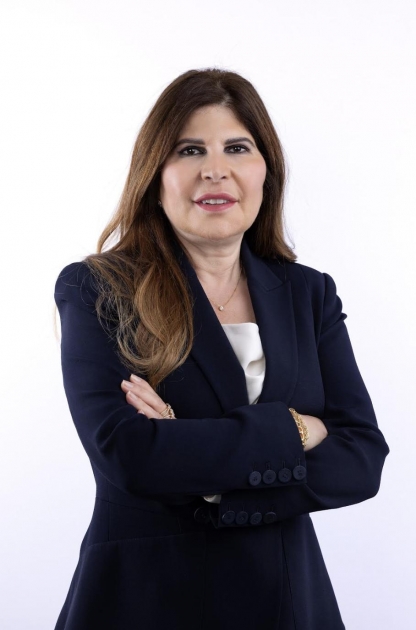
Standard Chartered: “UAE Leads Key Markets in HNW Allocation to Sustainable Investments”
Standard Chartered announced today the launch of its latest Sustainable Banking Report 2025 titled “Transition investing: the next wealth frontier?”.
The report, which explores investor sentiment around transition investing, reveals that high-net-worth investors surveyed in the UAE allocate 27 per cent of their portfolios to sustainable investments, the highest among all eight markets surveyed. In addition, 87 per cent of UAE investors are interested in transition investing, broadly in line with the global average, according to the survey.
The findings are based on a survey of high-net-worth individuals across the United Arab Emirates, Hong Kong, Mainland China, India, South Korea, Taiwan, Malaysia, and Singapore. It explores how investors are approaching the shift to a low-carbon economy and identifies the opportunities and challenges associated with transition investing.
Commenting on the report, Rola Abu Manneh, Chief Executive Officer, UAE, Middle East and Pakistan, Standard Chartered, said: “The findings reaffirm the UAE’s leadership in sustainable finance, with UAE high-net-worth investors allocating the highest share of their portfolios to transition investments across all surveyed markets. This growing momentum supports the country’s Net Zero 2050 vision and reflects a broader shift towards low-carbon, future-focused investment strategies. At Standard Chartered, we are committed to enabling this transition by providing the insights and solutions that help investors capitalise on emerging opportunities and contribute meaningfully to a more sustainable economy.”
The UAE’s strong allocation is mirrored in the specific investment themes gaining prominence across the country. UAE investors are particularly focused on high-impact investment themes that align with the UAE’s energy diversification goals and broader climate commitments. Green hydrogen (51%), carbon markets (48%), and carbon capture and storage (47%) emerged as the most compelling areas of interest, reflecting a growing focus on real economy solutions that support the transition to a low-carbon future.
While investor appetite is strong, the research identifies key barriers slowing broader capital deployment into transition strategies including higher risks (45%) and limited access to credible products (36%). These findings suggest that unlocking further capital will depend on building trust, enhancing product transparency, and improving access to well-structured solutions.
Although interest in the UAE and other surveyed markets is high, the research also reveals a broader knowledge gap. Only a small proportion of global investors (15%) were able to clearly define the concept of transition investing before being presented with a formal definition and examples. This highlights the ongoing need for investor education and clearer market guidance. To help bridge this gap, Standard Chartered has launched a
Transition Investing Guide designed to support clients in assessing credible opportunities and contributing meaningfully to the global transition.





























